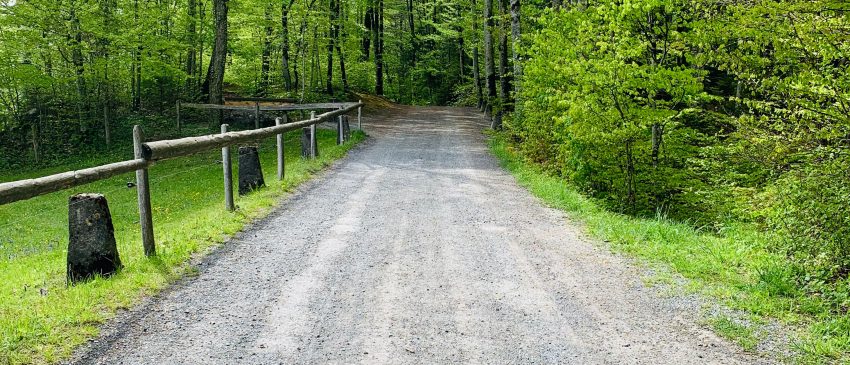BRIAN BIRK | 4-MINUTE READ
9/8/2019
Gravel and asphalt driveways both have their own unique advantages and disadvantages. Here’s a comparison:
Gravel Driveways
Pros:
- Cost: Gravel is generally less expensive to install than asphalt. It can be a good choice for long, rural driveways that would be very costly to pave with asphalt or concrete.
- Maintenance: Gravel driveways are easier to repair than asphalt. You can simply add more gravel if it starts to look thin or worn.
- Drainage: Gravel provides better drainage than asphalt, which can be beneficial in areas with heavy rainfall.
Cons:
- Stability: Gravel driveways may not be as stable as asphalt. Cars can shift or displace the gravel, leading to uneven surfaces.
- Longevity: Over time, gravel can erode, especially on sloping driveways. You might need to replenish it periodically.
- Aesthetics: Some people find gravel driveways less appealing than their paved counterparts.
Asphalt Driveways
Pros:
- Durability: Asphalt driveways are more durable and less susceptible to erosion than gravel driveways. They can handle heavy loads and traffic without displacement.
- Longevity: With proper maintenance, an asphalt driveway can last for many years.
- Aesthetics: Many homeowners find the smooth, dark surface of an asphalt driveway more appealing than a gravel driveway.
Cons:
- Cost: Asphalt driveways tend to be more expensive to install than gravel driveways. The cost can be even higher if the driveway is long or has a complicated layout.
- Maintenance: Asphalt driveways require more maintenance than gravel driveways. They need to be sealed every few years to prevent cracking and fading.
- Heat: Asphalt can become very hot in the summer, which can cause it to soften and become tacky. This can also contribute to faster degradation of the surface.
In conclusion, the choice between a gravel and asphalt driveway will depend on your budget, aesthetic preferences, and the amount of maintenance you’re willing to put in. It might also depend on the climate where you live and the type of soil underneath your driveway.


No Comments
Be the first to start a conversation